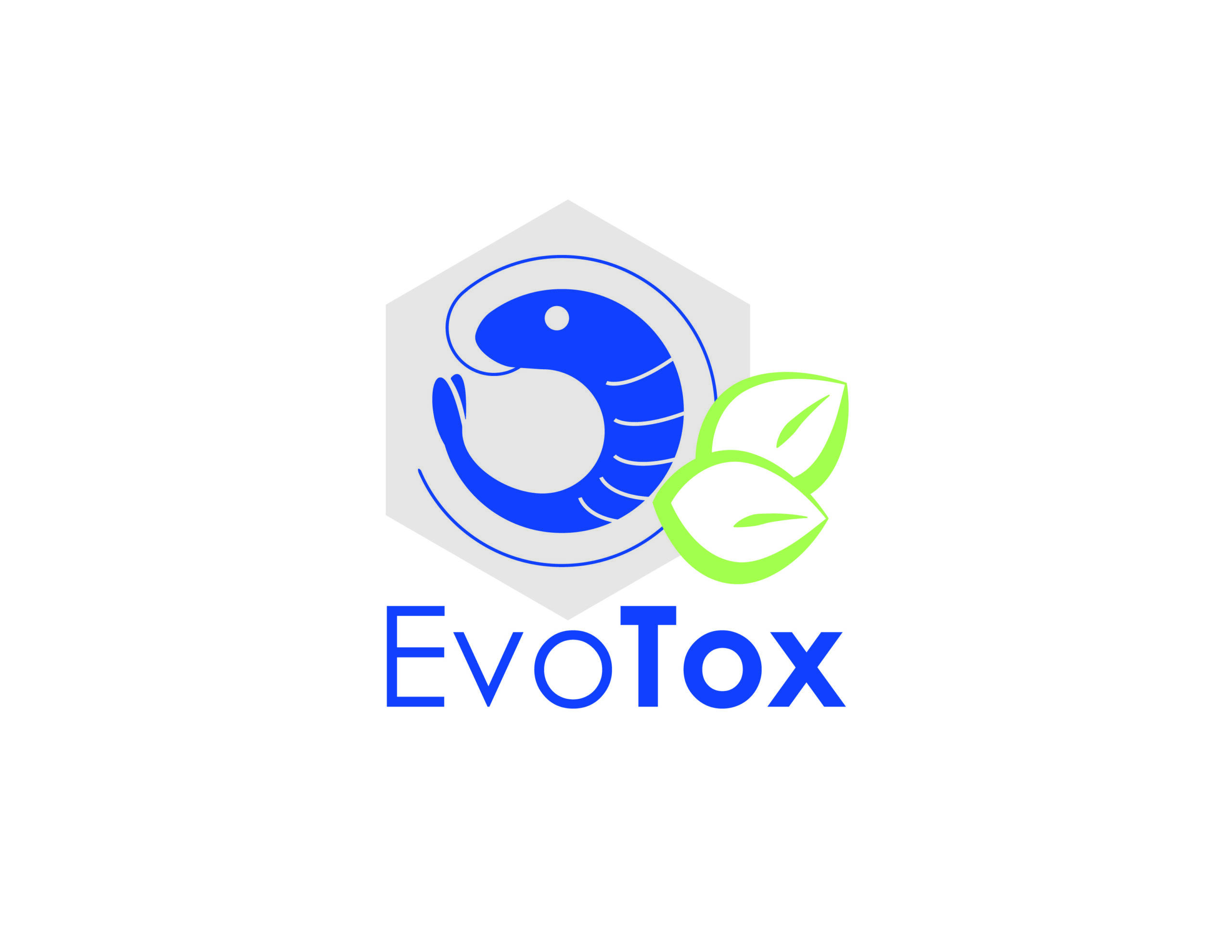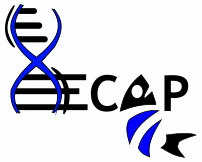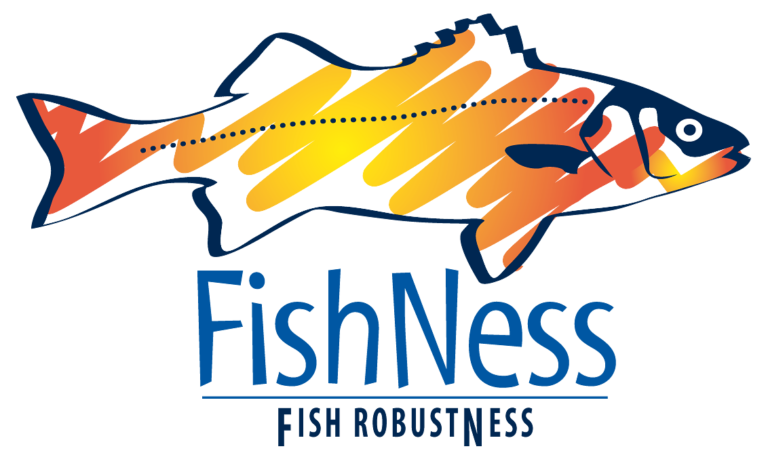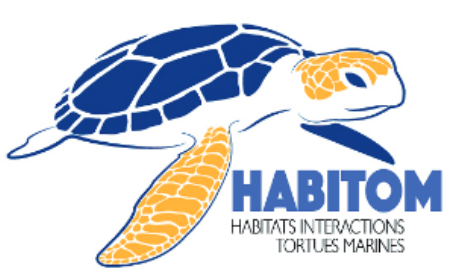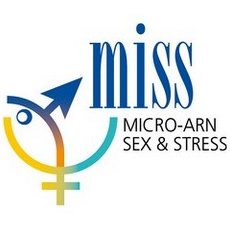Climate change and biodiversity loss are one of the biggest threats facing the world in the next decade. Invasive alien
species (IAS) are one of the most important direct drivers of biodiversity loss. While evolutionary processes and rapid
adaptation have recently been linked with the increase of invasive capacity of IAS, still there is little known about the
mechanisms involved in their success. EvoTox is an interdisciplinary project that seeks to address how IAS populations can evolve and adapt rapidly in response to environmental stressors. EvoTox focuses more particularly on the study of the mechanisms that facilitate the rapid adaptation of the crayfish Procambarus clarkii in aquatic areas with high-level of anthropogenic pollutants. The study involves both field and laboratory approaches using technics from several scientific fields such as evolutionary biology, toxicology, physiology, ethology and molecular biology. The studied populations come from three sampling stations, with freshwater and brackish water bodies, around the French Mediterranean coastline and adjacent aquatic areas, where P. clarkii has successfully established and environmental characteristics such as salinity and chemical pollutant concentrations differ.

